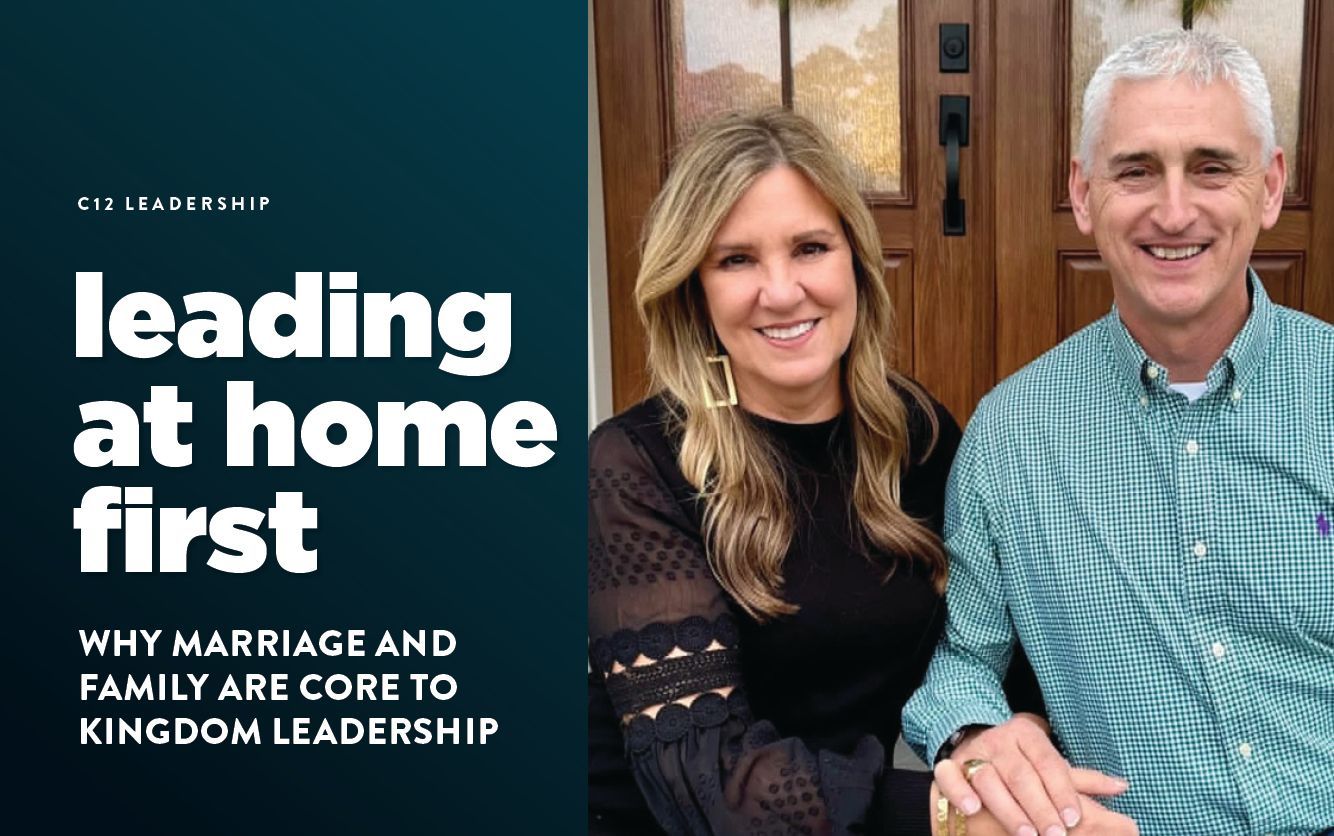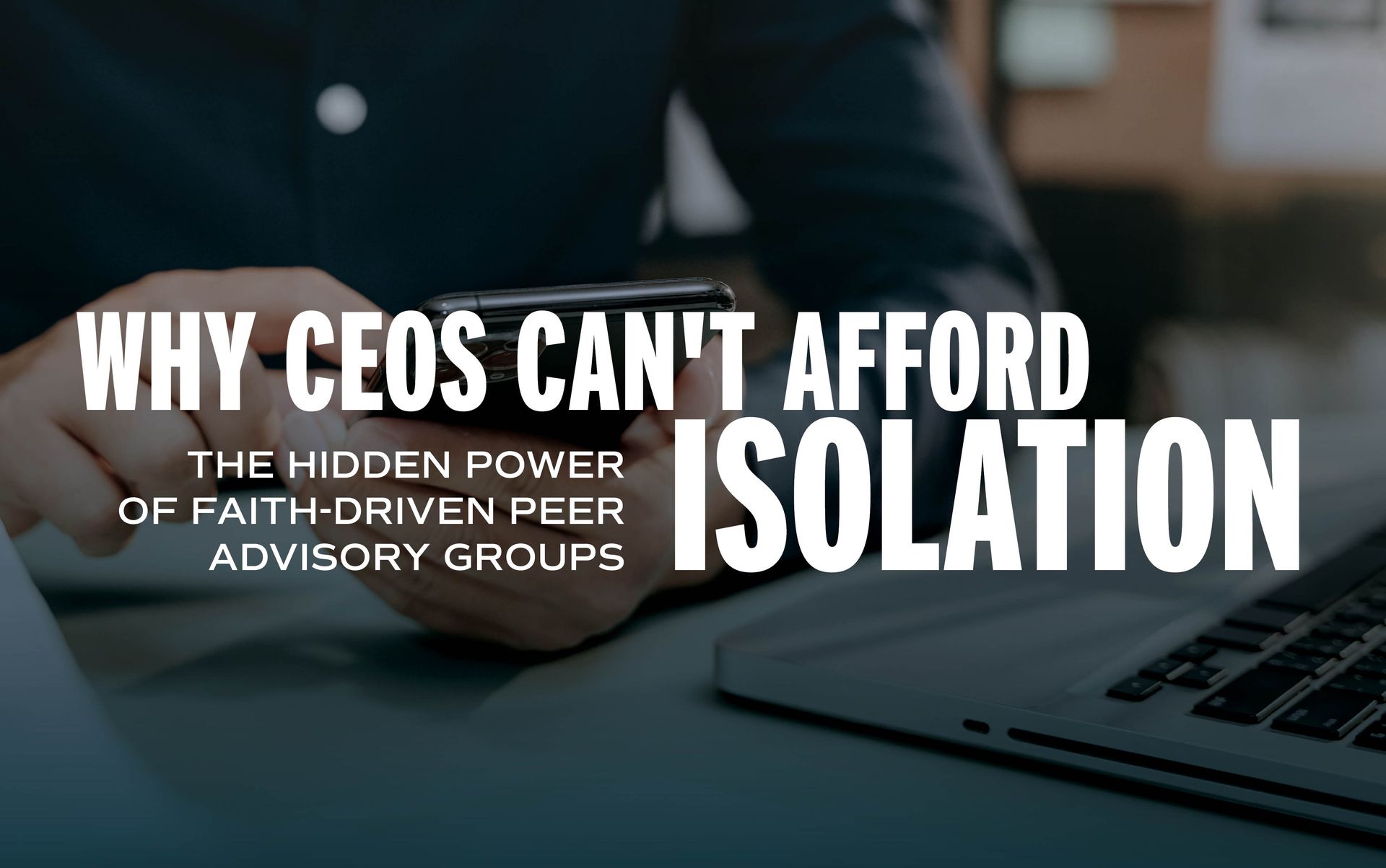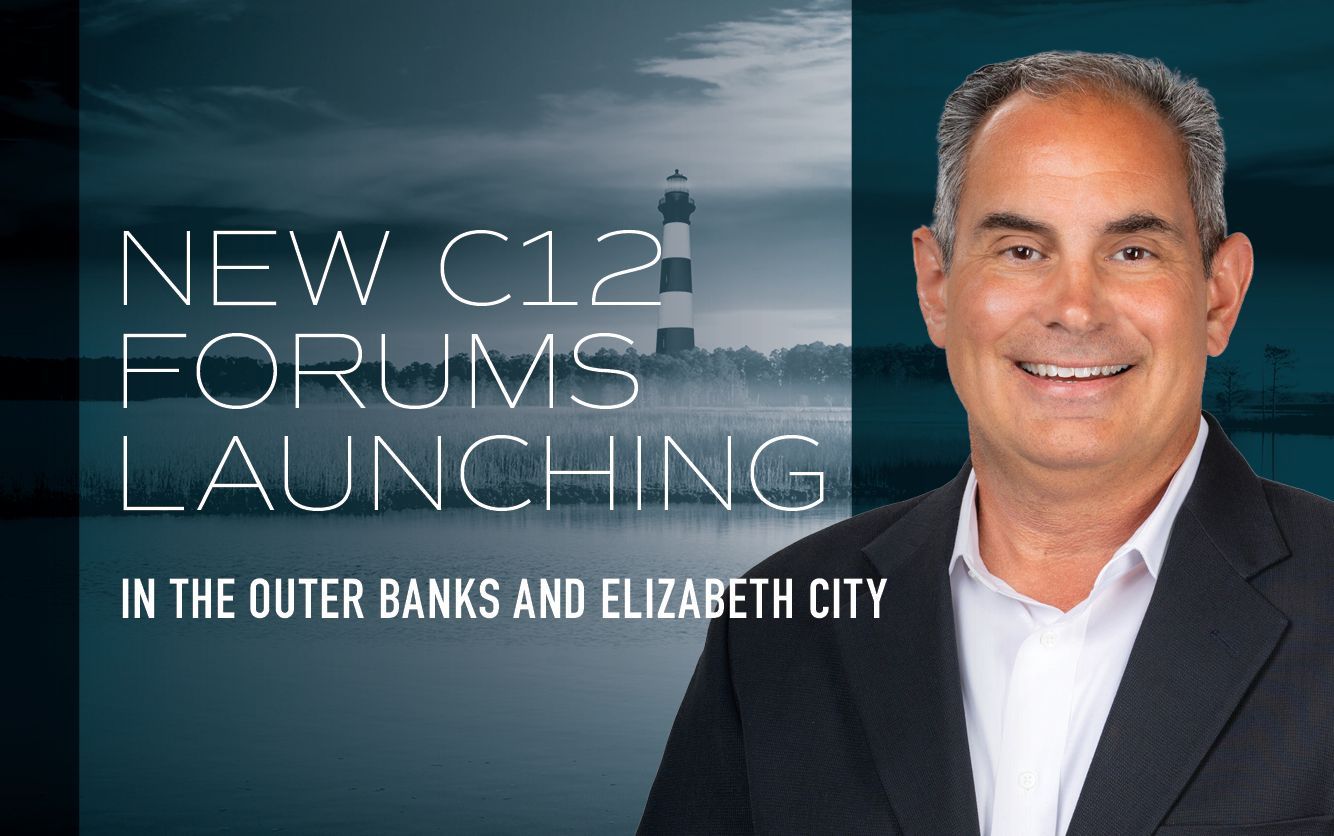From Ownership to Stewardship
Reclaiming Your Role in God’s Work Through Business
When you think about your role as a business leader, what comes to mind first—ownership or stewardship?
For many Christian CEOs and business owners, it's easy to default to the language of ownership. After all, we build, we invest, we strategize. But if we’re living with a biblical worldview, the truth is much bigger: we don’t own our businesses. God does.
Psalm 24:1 reminds us, “The earth is the Lord’s, and everything in it,” and that includes the companies we lead, the people we employ, and the platforms we steward. Our job isn’t to claim ownership. It’s to faithfully manage what God has entrusted to us for His purposes.
Stewardship is Identity, Not Just Generosity
We often reduce stewardship to financial responsibility or charitable giving. But biblical stewardship begins with identity — knowing who we are and whose we are. We’re managers of God’s business, not the owners. And like any manager, we’re accountable to the one who gave us the role.
Imagine the collective potential. If just 10% of America’s 1.5 million mid-sized businesses (those with over 10 employees and $1M in revenue) were led by Christians committed to marketplace ministry, and each of those businesses touched 5,000 people a year, the ripple effect would reach over 750 million lives—more than the entire population of North America1.
That’s not hypothetical. That’s possible.
What Stewardship Really Looks Like
For many Christian leaders, integrating faith and business still feels ambiguous. The idea of “ministry in the workplace” can seem either too vague or too intimidating. But like every other area of leadership, impact begins with a plan.
Here’s what C12 members across North Carolina and Virginia have found as they’ve stepped into this calling:
- Ministry in business isn’t a side project. It’s a strategic initiative that should be planned, measured, and integrated into the overall mission.
- Impact doesn’t require a perfect context. You don’t need a big budget, a seminary degree, or the “ideal” team. You just need the humility to act and the courage to lead.
At C12 Mid-Atlantic, we encourage business leaders to approach ministry like any other key area of operations: establish a strategy, define success metrics, monitor progress, and build a team to execute it.
Metrics That Matter for Eternity
Some leaders hesitate to measure ministry, fearing it turns spiritual work into a checklist. But Jesus often quantified Kingdom impact: 12 disciples, 5,000 fed, 3,000 saved at Pentecost. Measurement is not about pride. It’s about accountability and stewardship.
When we measure profit, customer satisfaction, or employee engagement, we’re signaling that those outcomes matter. Why wouldn’t we do the same for our ministry efforts?
Here are a few examples of what you can measure in your business:
- Number of employees involved in prayer groups or Bible studies
- Community outreach projects completed
- Spiritual conversations or testimonies shared
- Families supported through benevolence or care funds
- Engagement in discipleship or mentoring opportunities
And just like you track financial KPIs, these ministry metrics should be reviewed regularly. What gets measured—and celebrated—gets repeated.
Start With a Team
You don’t have to build this alone. In fact, Scripture encourages the opposite: “Two are better than one because they have a good return for their labor” (Ecclesiastes 4:9). If God has placed capable, mission-minded people on your team who can help carry this vision forward, let them!
Forming a ministry team within your organization helps ensure consistency, clarity, and execution. They can help brainstorm initiatives, manage budgets, capture testimonies, and evaluate impact. Together, you can begin folding ministry into the rhythms of your workplace—from hiring practices to care initiatives, from leadership retreats to local service projects.
Ministry is the Mission Field You Already Have
You don’t need to go on a mission trip to find people in need of the gospel. Every vendor, employee, customer, and delivery driver is already part of your appointed mission field.
Whether you're organizing chaplain services, hosting Bible studies, providing for employees’ families, or building partnerships in your community, each act of care is a reflection of Christ. And when those efforts align with your business strategy, they don’t distract from the bottom line. They transform it.
The Eternal Scorecard
At the end of your career, your financial statements won't follow you. But the people you’ve impacted for Christ will.
The only scoreboard that lasts is the eternal one. So what if your leadership decisions were evaluated not only by quarterly returns but by Kingdom returns?
Ephesians 2:10 says, “We are His workmanship, created in Christ Jesus for good works, which God prepared beforehand, that we should walk in them.” That includes the work you’re doing right now—right where you are.
You’re Not Alone in This
Across the country, over 4,000 Christian CEOs and business owners are engaging in this kind of intentional stewardship each month through C12 Business Forums. They’re building great businesses for a greater purpose, and you can too.
Explore what’s possible with C12!
Want to Go Deeper?
If you’d like a free download of our ebook “Stewarding Our Eternal Impact: Planned, Measured, and Reinforced,” send us a request at www.c12midatlantic.com/contact-C12-midatlantic
Citations & Resources
- Based on Barna Group research and C12 network estimates; see
The Eternal Impact of Our Business, 2023.
SHARE THE NEWS












